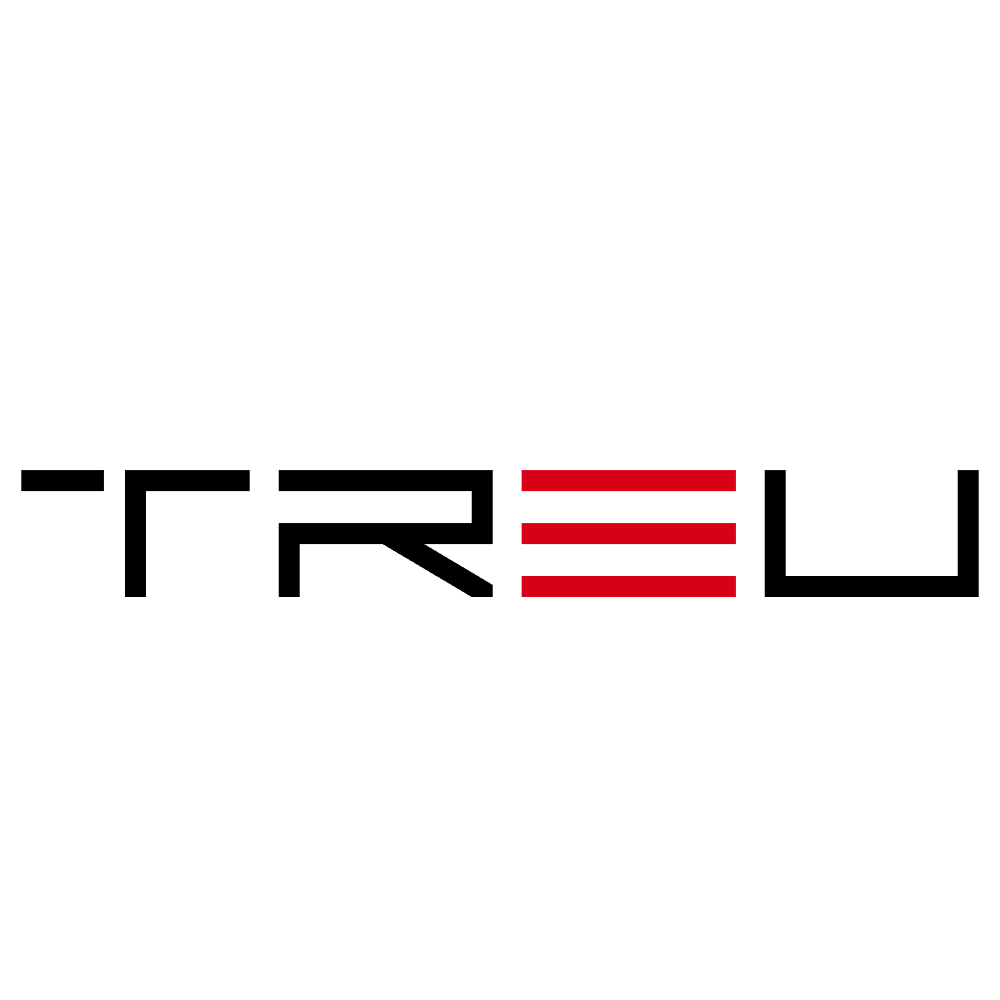Building Trust Is Crucial for Human-AI Collaboration Says Capgemini
As organizations globally move rapidly toward adopting more autonomous, agentic AI systems, a new report from Capgemini underscores a pressing truth: trust is the foundational pillar in successful human-AI collaboration. In a digital world being reshaped by highly capable AI agents, the degree to which people can trust and depend on these systems may well determine not only their efficacy but also the long-term societal impact of AI integration.
The Rise of Agentic AI: A New Era
According to Capgemini’s report titled “Why Consumers Love Conversational and Agentic AI,” the next frontier in artificial intelligence is agentic AI — systems that can operate autonomously, initiate actions, and deliver goals with limited human intervention. These AI agents differ significantly from earlier forms of AI like chatbots or automation tools. They are not just reactive but proactive, modeling contextual awareness and decision-making capabilities.
Key characteristics of agentic AI include:
- Autonomy: Ability to function independently without constant human oversight
- Proactiveness: Initiating actions based on intent and environmental cues
- Goal-Oriented Operation: Driven by specific tasks and outcomes
From virtual health assistants to AI-powered financial advisors, these systems are increasingly handling complex interactions that would have traditionally required human input. But with this rise in capability comes even greater need for ethical grounding and mutual trust.
Trust as the Cornerstone of Human-AI Interaction
Capgemini’s research reveals that while excitement around AI is growing, users remain wary. Only 30% of consumers currently trust agentic AI systems to operate on their behalf, despite many using these tools daily. The apprehension largely arises from a lack of transparency and control, and concerns about data usage and intent.
What’s clear from the findings is that trust in AI is not just about functionality – it’s about predictability, fairness, and accountability. When users understand how an AI system works, see consistent outcomes, and feel they can intervene when needed, trust naturally builds.
Factors That Foster AI Trust
- Transparency: Users want to clearly understand how decisions are made
- Control: The ability to override or adjust AI actions is crucial
- Reliability: Consistent, accurate outputs foster dependability
- Security: Protection of personal data and privacy cannot be compromised
Businesses See the Value — But Are They Ready?
Capgemini’s survey of over 10,000 consumers and 1,000 executives found that 70% of organizations believe that agentic AI will drive significant efficiencies and customer satisfaction. However, only 27% have deployed such systems at scale. The gap clearly signals a hesitation rooted in the impact of AI on workforce roles, ethics, and governance structures.
More importantly, companies recognize that achieving operational excellence with agentic systems requires more than deploying the technology — it requires obtaining human buy-in. According to Capgemini, organizations that make deliberate efforts to create trust-building frameworks see higher adoption of AI solutions and greater internal confidence.
Steps Businesses Can Take to Build Trust
- Implement Explainability Features: Offer users clear reasoning behind AI decisions
- Design Ethical AI Frameworks: Ensure that AI systems are aligned with organizational values and fairness
- Invest in AI Literacy: Help employees and users understand AI capabilities and limits
- Maintain Human Oversight: Build a hybrid model where humans supervise AI outputs
The Human Side of AI: Emotional Intelligence Matters
One of the standout insights from Capgemini’s report is the emotional bond that consumers are forming, or desire to form, with AI systems. Over 50% of consumers surveyed see value in AI systems that not only execute tasks but can recognize emotions, respond empathetically, and support mental well-being.
This trend is becoming especially important in sectors like healthcare, education, and customer service, where emotional intelligence in AI dramatically elevates user experience. From virtual assistants showing patience during stressful conversations to companion bots helping patients manage chronic illness, trust is built not just through accuracy but also compassion and contextual sensitivity.
Bridging the Gap: Government’s Role In AI Trust
Capgemini’s report doesn’t leave public sector institutions out of the equation. It argues that governments must establish regulatory frameworks that promote responsible AI while fostering innovation. As with financial or healthcare systems in the past, standards for ethical use and safety must become non-negotiables for AI. Countries and agencies that lead in setting these standards also stand to lead in trust-based AI deployment.
Policy Priorities for Enhanced AI Trust
- Standardizing transparency disclosures for AI models
- Mandating data protection norms tailored to AI contexts
- Developing AI ethics certifications for commercial applications
- Supporting AI education and digital literacy for the public
Looking Ahead: The Collaborative Future of Human and Agentic AI
Ultimately, the integration of agentic AI into our daily and professional ecosystems is not about replacing humans — it’s about enabling a new kind of collaboration. Capgemini’s report highlights that when trust is strong, people are not just more comfortable using AI tools — they empower these systems to amplify their own abilities.
In trusted human-AI relationships, we can expect:
- More seamless workplace automation with humans focusing on creative and strategic tasks
- Enhanced customer service with empathetic, ever-available AI agents
- Better healthcare outcomes through trusted diagnostic support tools
- Smarter decision-making where AI offers insights and humans apply context
Final Thoughts
Agentic AI has undeniable potential to transform how we live and work, but technology alone isn’t enough. As Capgemini makes abundantly clear, it is trust — nurtured through transparency, ethics, and compassion — that will determine how far and how fast artificial intelligence can go.
For both businesses and society, the message is clear: build trust first, and impact will follow. As AI systems become more agentic, let’s ensure that our approach to innovation remains deeply human.

